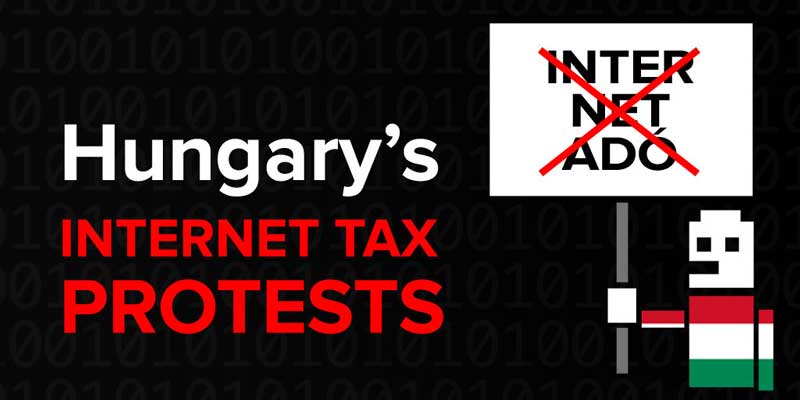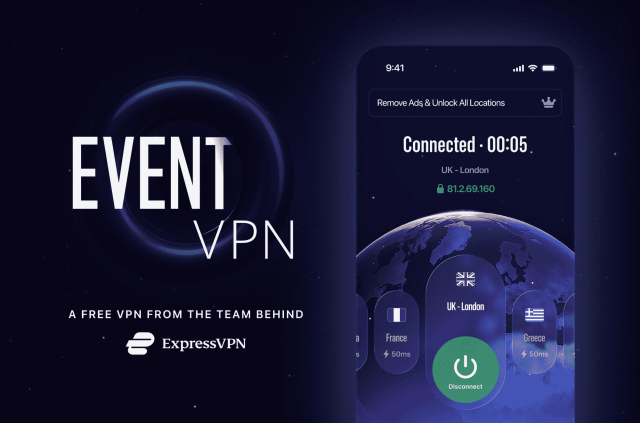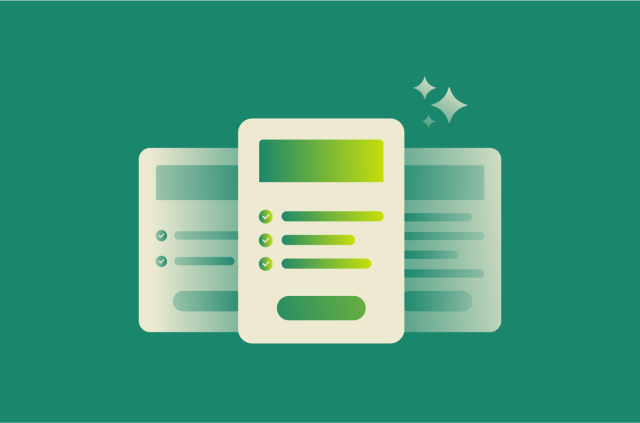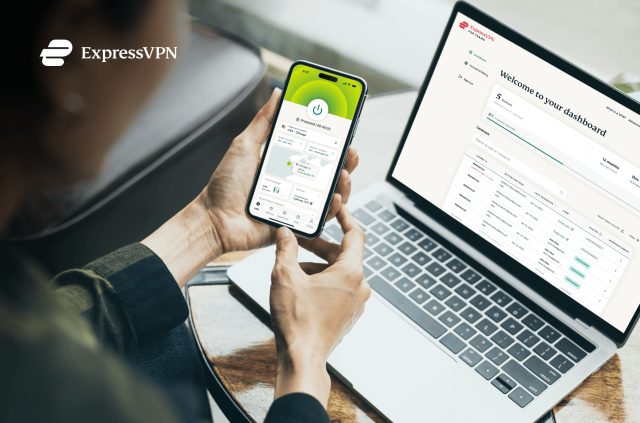
Think your Internet is expensive? It might be — according to the New America Foundation, you could easily pay $70 a month in New York or up to $150 in Tennessee for 20 Mbps download speeds. But you don't have it as bad as netizens in Hungary, who are taking to the streets in protest of new “Internet tariff”. The government touts it as a way to snag new tax dollars from ISPs and maybe even build out rural broadband, but the general populace sees something else: a cash grab that's coming for their hard-earned dollars.
Seems Legit...
On the face, Prime Minister Viktor Orbán's tax doesn't seem like such a bad idea. Hit ISPs with a surcharge of 150 forints — around 60 cents U.S. — for every gigabyte uploaded or downloaded in the country, then reap the rewards. A similar tariff already exists on telephone services and the government says revenue from a gigabyte tax could mean billions for public works projects.
The problem? Hungarians already pay one of the highest prices per “incremental gigabyte” in Europe at $13. And citizens are rightly concerned that already-profitable ISPs have no reason to simply eat this cost increase — instead, they'll likely pass it on to consumers. Orbán's government has made some concessions and introduced a cap that's rumored to be around $4 U.S. per month, but that hasn't stopped users from taking to the streets and tossing old computers at federal buildings. There's also concern that this kind of cost-shifting from ISP to consumer could impact the use of mobile devices in Hungary, which is the lowest of any European country. The predominantly under-25 group of mobile users who track their uploads and downloads may be less inclined to pay extra — or able to afford the increase — hampering mobile market development even further.
Not Alone
Hungary isn't alone when it comes to citizen-led protests over the cost of access. Indian users recently staged a “digital-hartal” on October 31st where they consumed no Internet services and refused to recharge data packs. The hartal came in response to a 100 percent increase of mobile Internet rates across the country between June and September of this year. Concerned netizens hope to show ISPs that without consumer dollars, there's no market. And in the United States, this kind of Internet turmoil is also starting to boil. Already, connection speeds lag behind a host of other countries; in 2013, Forbes reported that the U.S. ranked eighth in the world with an average download speed of 7.1 Mpbs. The Czech Republic (9.6 Mpbs), Latvia (9.8 Mpbs) and Japan (11.6 Mbps) were all faster, and South Korea doubled the average U.S. rates at 14.2 Mbps.
But this hasn't stopped the FCC from pushing ahead with its controversial “net neutrality” plan, which would effectively give in to ISPs that already throttle traffic during high-demand periods and allow them to create a for-pay “fast lane” and free-for-all “slow lane”. According to the Wall Street Journal, a new hybrid model of the plan is in the works after public and federal outcry, and touts the creation of two broadband services: retail and back-end. Back-end services would be defined as “common carrier”, meaning the FCC could step in if deals between content companies and broadband providers were anti-competitive. The retail service, however, would remain free of FCC oversight, allowing ISPs to do whatever they want. Typically, that means taking as much from consumers as possible.
Fight For Your Right
Ultimately, netizens across the world are fighting for the same cause: reasonably priced access at a decent speed. It's an uphill battle, with both governments and ISPs looking to cash in on existing Internet markets and the emerging mobile fronts. Want to do your part? Consider a secure VPN.
Sure, the service keeps out hackers and gives you the peace of mind that comes with 256-bit encryption, but also gives you the benefit of anonymity. Search where you want, when you want, download or upload and do it with certain knowledge that you're safe from prying eyes. And while cheap prices with blazing-fast speeds may not be right around the corner, you've got the chance to stymie government interference and hamper corporate monitoring of what you do online.
Take the first step to protect yourself online. Try ExpressVPN risk-free.
Get ExpressVPN










